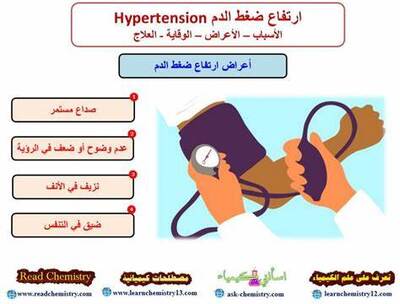High Blood Pressure
-
<!--StartFragment -->
High blood pressure, also known as hypertension, is a common medical condition that occurs when the force of blood against the walls of the arteries is too high. It is often called the "silent killer" because it typically shows no obvious symptoms but can lead to serious health complications if not managed properly.
Causes of High Blood Pressure
Several factors contribute to the development of high blood pressure, including:
- Genetics: A family history of hypertension.
- Unhealthy diet: Consuming excessive salt and fat.
- Sedentary lifestyle: Lack of regular physical activity.
- Chronic stress: High levels of tension and anxiety.
- Smoking and alcohol consumption: These habits increase the risk of hypertension.
Symptoms of High Blood Pressure
High blood pressure often goes unnoticed because it rarely causes symptoms. However, in severe cases, some signs may include:
- Persistent headaches.
- Dizziness or blurred vision.
- Shortness of breath.
- Nosebleeds in extreme conditions.
Complications of High Blood Pressure
If left untreated, hypertension can lead to:
- Heart diseases, such as heart attacks and heart failure.
- Stroke.
- Kidney damage.
- Eye problems, including vision loss.
Prevention and Treatment
- Adopt a healthy diet: Focus on fruits, vegetables, and low-sodium meals.
- Regular exercise: Aim for 30 minutes of activity each day.
- Manage stress levels: Practice relaxation techniques like meditation.
- Avoid smoking and limit alcohol consumption.
- Take prescribed medication: Under the guidance of a healthcare professional.
High blood pressure is manageable, and awareness combined with proactive measures can make a significant difference in improving one’s quality of life. Prevention is always better than cure.
<!--EndFragment -->
